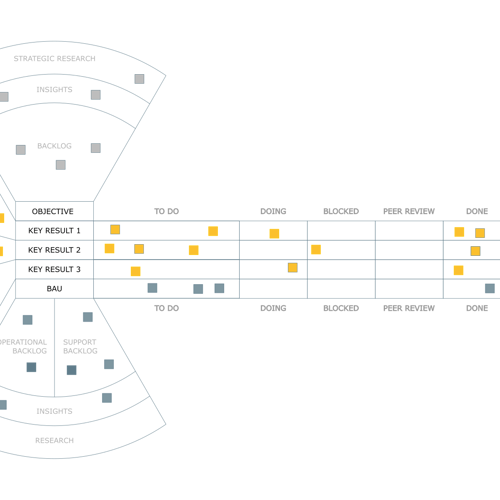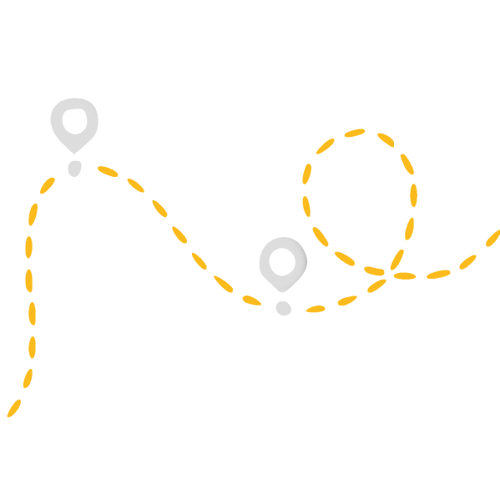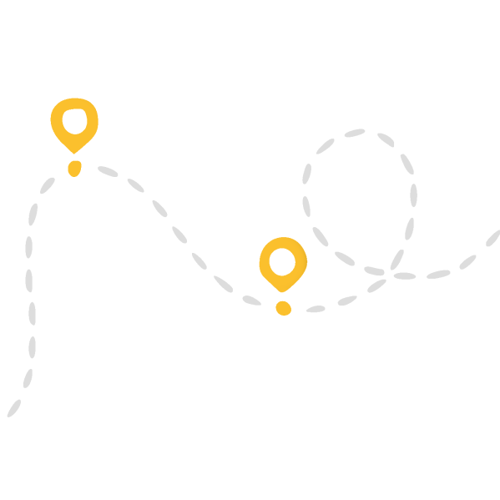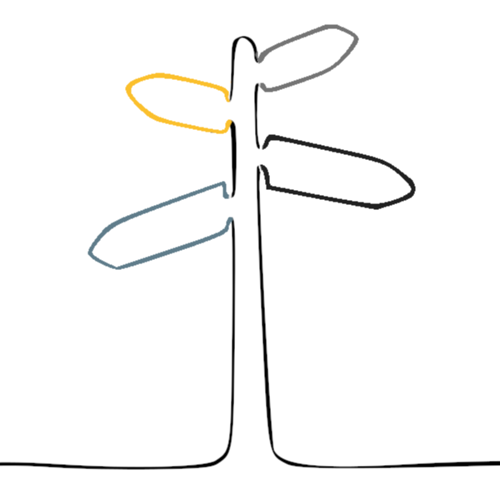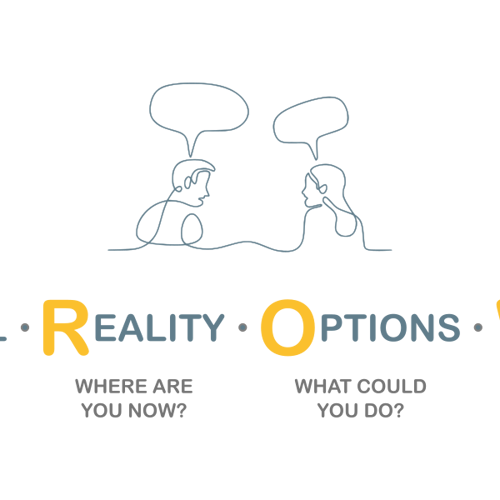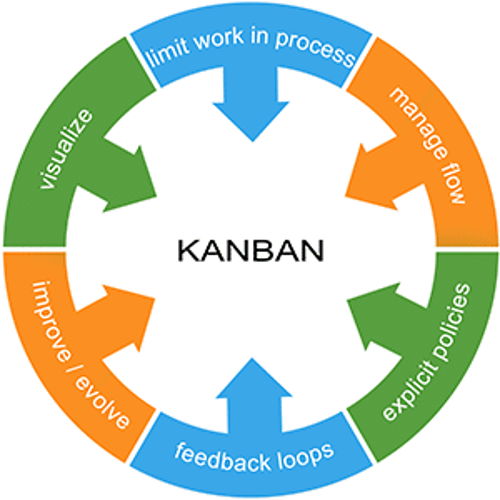Agile has turned into such a buzz word, transcending so many areas, I feel its lost a little of its original meaning. Within this article, I'm gonna approach what I believe it is to be agile - and it begins with a mindset!
What are mindsets?
Mindsets are values, principles and beliefs - beliefs about ourselves and our most basic qualities, like intelligence, personalities or talent (Carol Dweck). Mindsets are attitudes which manage our actions and interactions with the world. They are a way of thinking about the world and about our impact on that world through:
- What you believe you can do
- What you believe you cant do
Enter.. the growth mindset..
Researcher and Professor, Carol Dweck and her colleagues became interested in students' attitudes about failure. They noticed that some students rebounded while other students seemed devastated by even the smallest setbacks. After studying the behaviour of thousands of children, Dr. Dweck coined the terms fixed mindset and growth mindset to describe the underlying beliefs people have about learning and intelligence. When students believe they can get smarter, they understand that effort makes them stronger. As such, they put in extra time and effort, and that leads to higher achievement.
The fixed mindset suggests that your abilities are innate and unchangeable; where as the growth mindset suggests that you can improve your abilities through practice. In a fixed mindset, you view failure as a permanent state but in a growth mindset, you see failure as an opportunity to learn and grow. People with a fixed mindset can view feedback as a personal attack while those with a growth mindset see feedback as a chance to improve. With a fixed mindset, people are more likely to choose easier tasks and put in minimal effort. After all, if talent is fixed, why bother improving? why even try? With a growth mindset through, you are more likely to embrace challenging tasks and problems; and work hard to improve these.
Those with a fixed mindset are likely to give up when they face an obstacle, whereas with a growth mindset, obstacles are viewed upon as a chance to experiment and solve problems. In a fixed mindset, the focus is on measurable accomplishments but with a growth mindset, the focus is more on a journey of continual improvement. In a fixed mindset, you are less likely to take creative risks. But in a growth mindset, creative risks are a way of innovating and improving.
Your mindset influences everything from creative risk taking to how you view feedback; to whether or not you finish difficult tasks. Your mindset is on the the largest determining factors for whether you grow and improve in your abilities.
Summary
So.. why all this talk about mindsets? I haven't mentioned anything about sprints, reviews or releases and there isn't a burndown chart in sight. It's important to understand that it all ( and I mean all) begins with a mindset - to be truly agile, you need to approach not only problems, but life itself, as a learning opportunity. Iterations, release strategies, planning, estimation, etc can help you be more agile but if you are not willing to have your beliefs challenged, learn and pivot, it is very easy to go through these motions.


